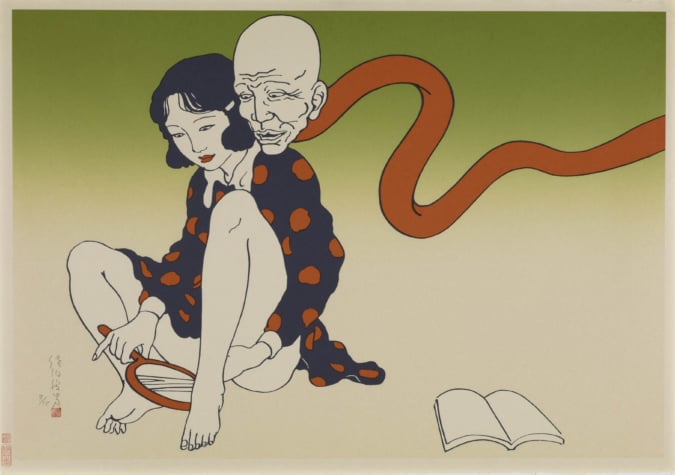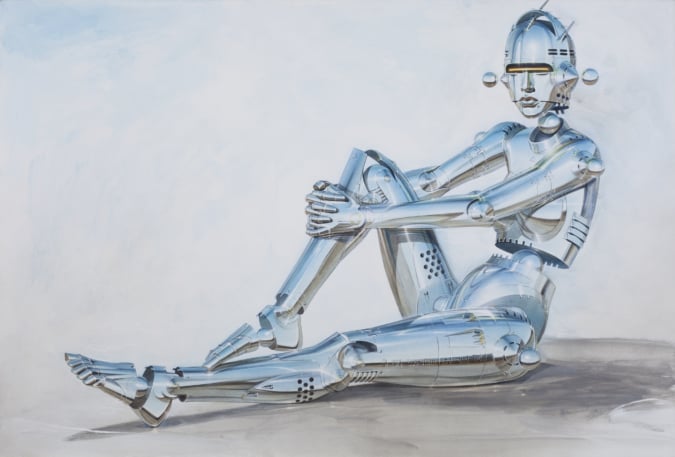Kirin Kiki, the Eternal Grandmother of Japanese Cinema
This actress, a favourite of director Hirokazu Kore-Eda, often incarnated the role of the matriarch, the pillar of the Japanese family.
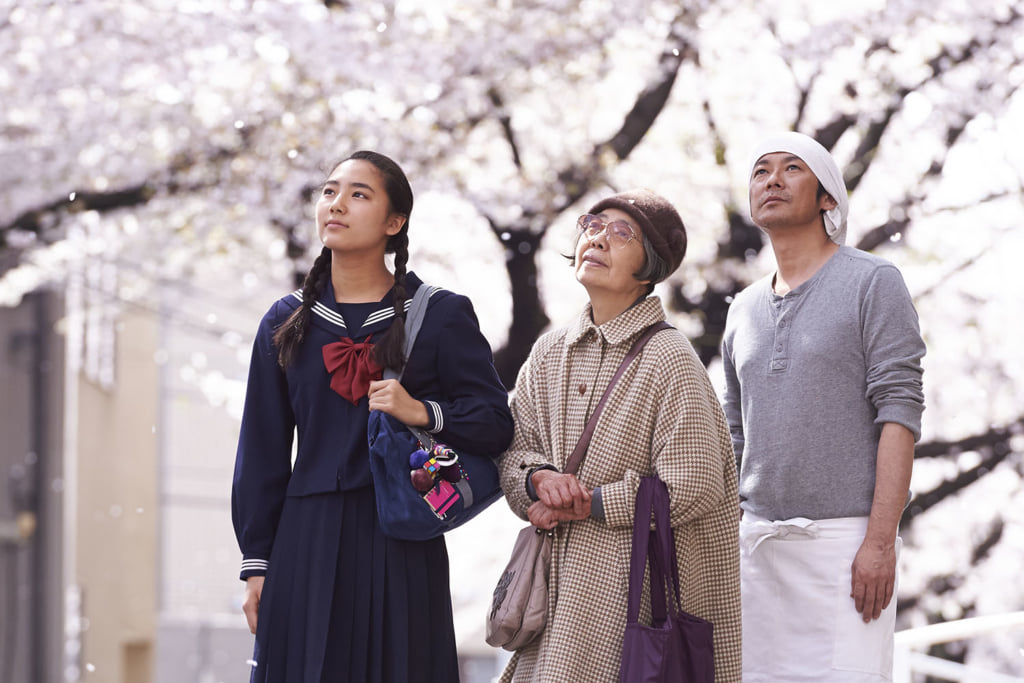
Sweet Bean © Tokue Sentaro and Wakana
With her mischievous look, slow, precise gestures, and frail build, dressed as Madame Takeda, the tea ceremony instructor, the line between the character and Kirin Kiki appears to be a fine one. Every Day a Good Day, directed by Tatsushi Omori, was the final film made by the actress who passed away in September 2018, just before it was released.
Kirin Kiki, whose real name was Keiko Uchida (she changed her name in 1977), made her mark on Japanese cinema, taking on the most magnificent roles of older characters that Japan’s seventh art had to offer, from the 2000s onwards. She regularly played the matriarch, a highly respected figure in Japanese society and the pillar of the family.
Kirin Kiki’s artistic career began far from film and television sets. Born in 1943 into a family of musicians, she made her stage debut in the 1960s, as part of a Japanese theatrical troupe involved in avant-garde theatre, shingeki. The young woman did not wish to restrict herself to the stage, however, and ventured into different areas, gaining a foothold in television, where she went on to appear in two very popular series in the 1970s, notably Terauchi Kantaro Ikka, in which she played an elderly woman, when in fact she had not long turned thirty.
International recognition late in her career
Cinema then drew her in. The director Kore-eda, with whom she forged a powerful relationship, offered Kirin Kiki roles specifically created for her as he made his films: Our Little Sister, After the Storm, Still Walking, I Wish, and Shoplifters, winner of the Palme d’or at Cannes in 2018… Kirin Kiki’s name appears in almost all the credits, and always in the role of the matriarch. This collaboration made the actress known worldwide.
Kirin Kiki’s performances were frequently hailed by critics. The actress received no fewer than fourteen awards over the course of her career and, in 2016, won the lifetime achievement award for her work in film at the tenth Asian Film Awards, an international festival that honours the excellence of film professionals in Asian cinema.
Every Day a Good Day (2020), Kirin Kiki’s final film, is available online from the Hanabi video club.
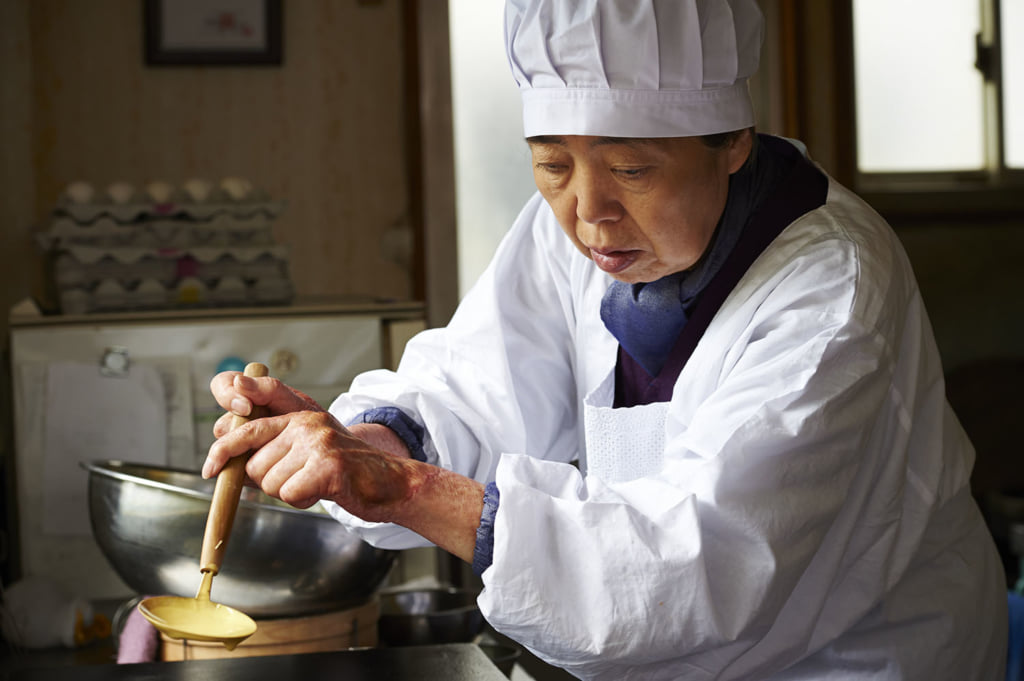
Sweet Bean © Tokue
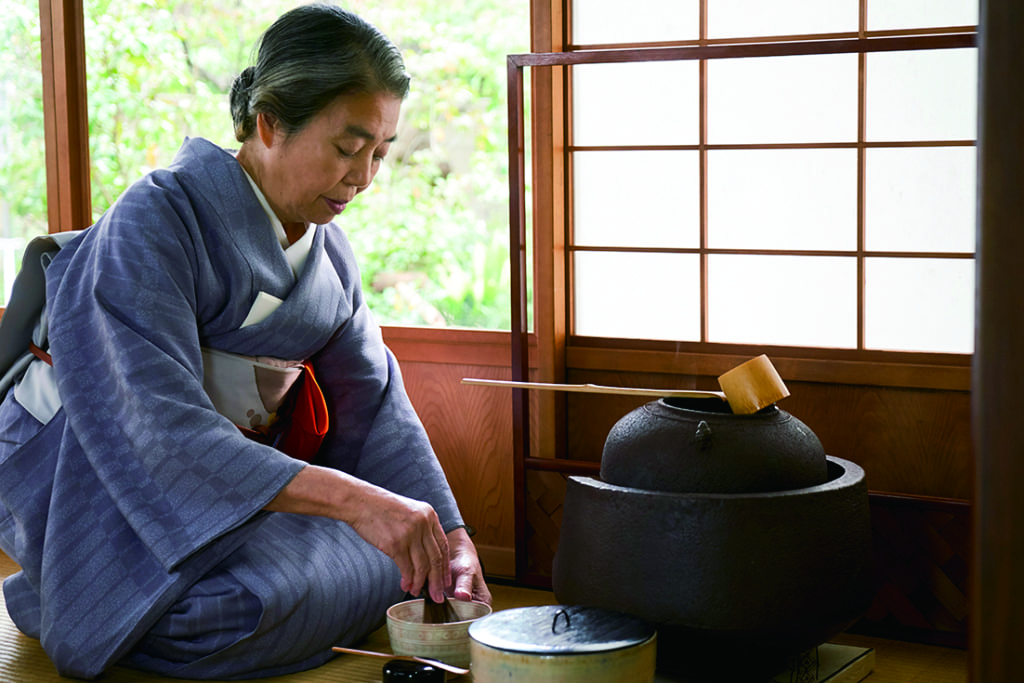
Every Day a Good Day © Art House
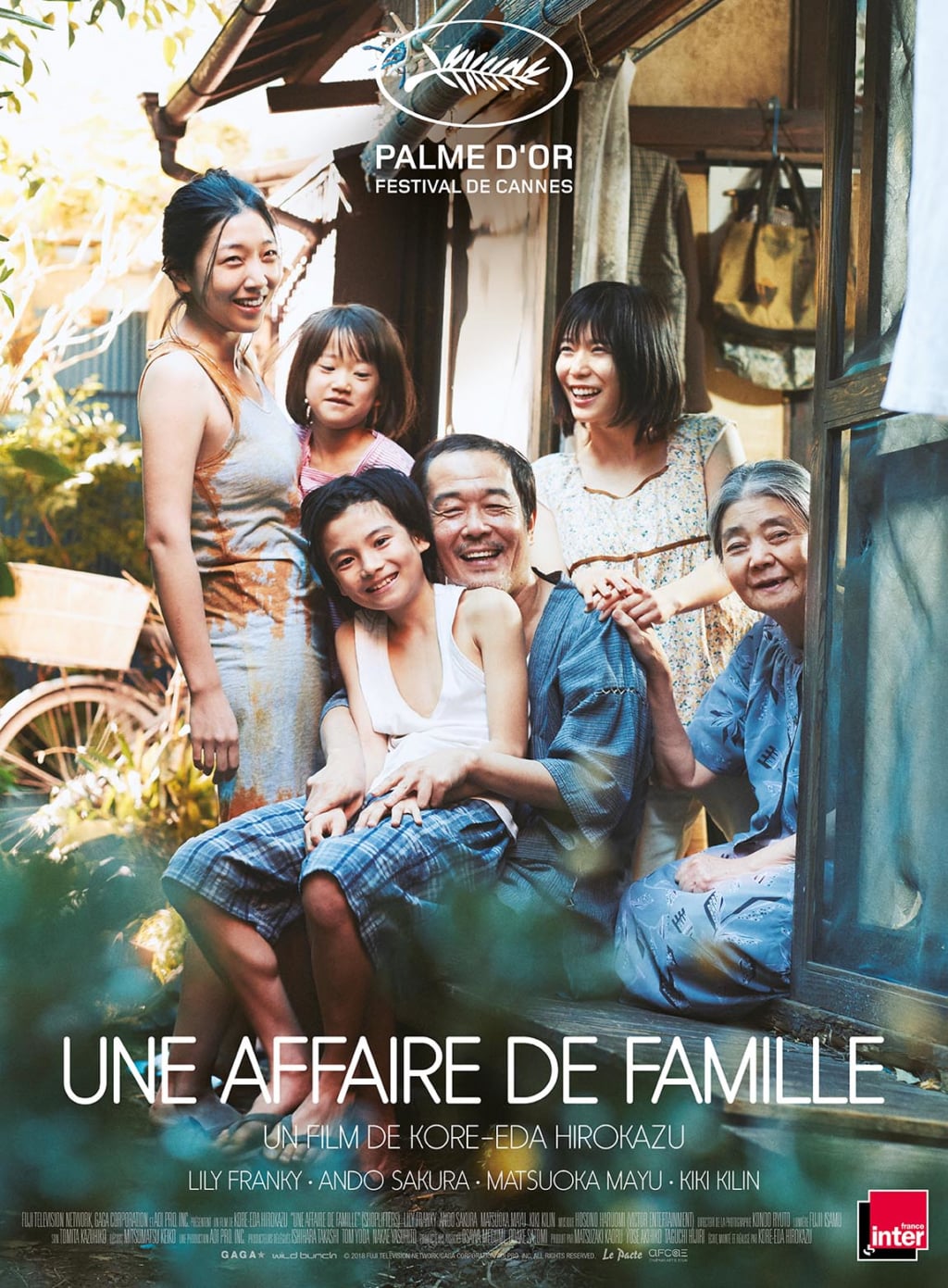
Shoplifters © Le Pacte
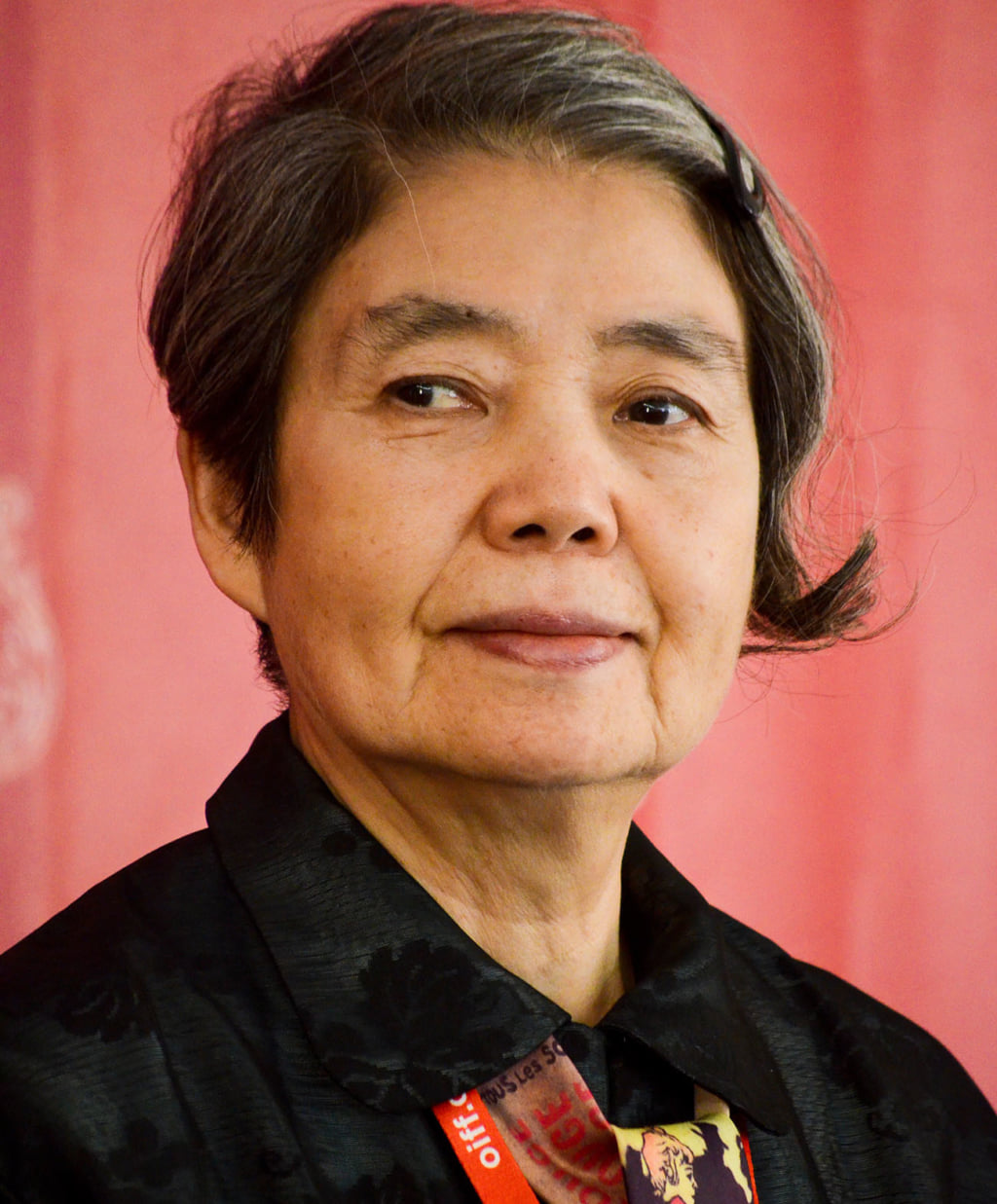
Kirin Kiki © Andriy Makukha
TRENDING
-
A House from the Taisho Era Reveals Its Secrets
While visiting an abandoned building, Hamish Campbell discovered photographs the owner had taken of the place in the 1920s.

-
The Taboo-Breaking Erotica of Toshio Saeki
The master of the 1970s Japanese avant-garde reimagined his most iconic artworks for a limited box set with silkscreen artist Fumie Taniyama.

-
With Meisa Fujishiro, Tokyo's Nudes Stand Tall
In the series 'Sketches of Tokyo', the photographer revisits the genre by bringing it face to face with the capital's architecture.

-
Masahisa Fukase's Family Portraits
In his series ‘Family’, the photographer compiles surprising photos in which he questions death, the inescapable.

-
Hajime Sorayama's Futuristic Eroticism
The illustrator is the pioneer for a form of hyperrealism that combines sensuality and technology and depicts sexualised robots.


